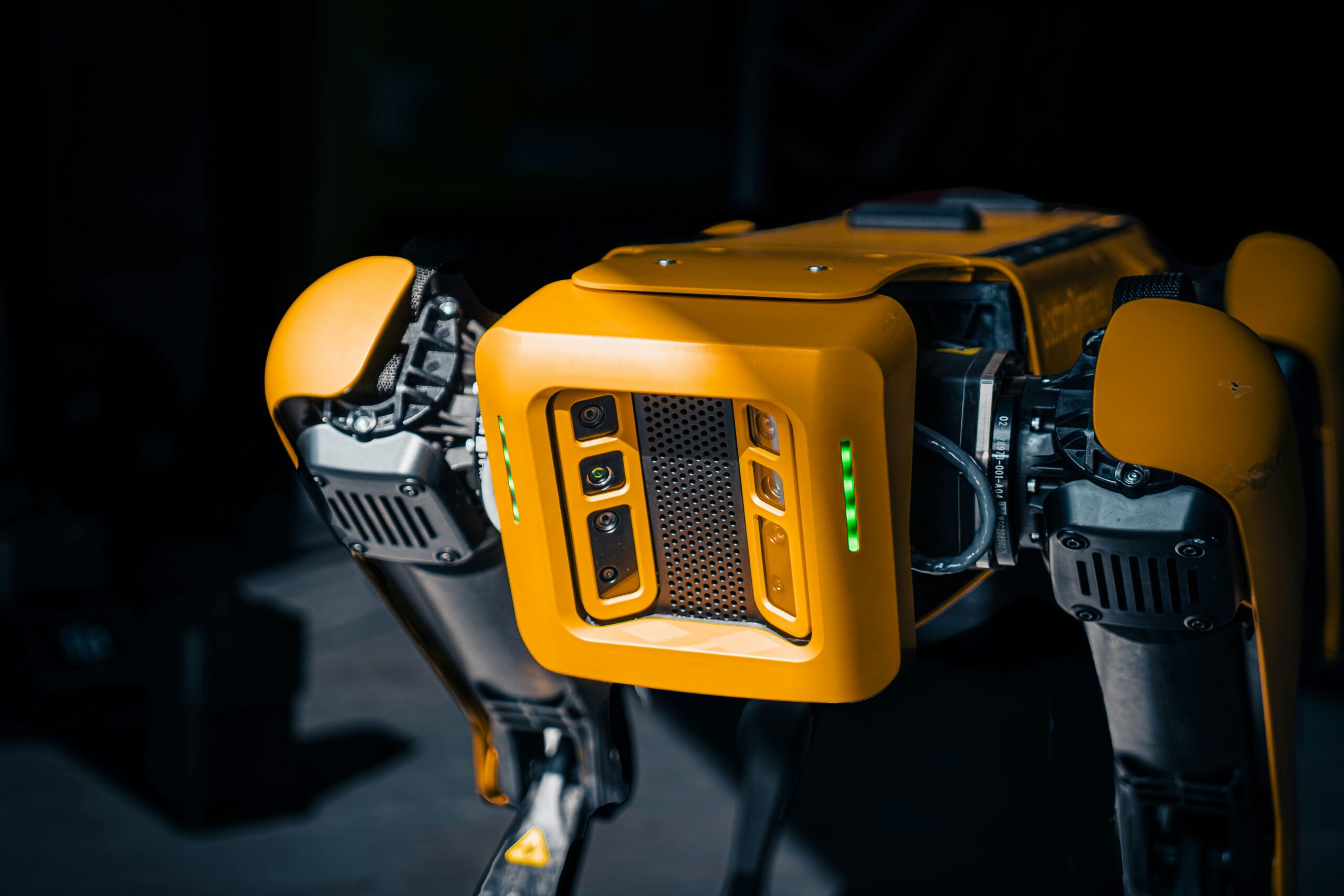The Rise of AI in Everyday Life: Transformations, Opportunities, and Challenges
Introduction
Artificial Intelligence (AI) is no longer confined to the realms of science fiction or the tech-savvy elite. It has become an integral part of our daily lives, influencing everything from how we shop to how we interact with our devices. In this blog post, we will explore how AI is transforming everyday life, the opportunities it presents, and the challenges it poses.
The Ubiquity of AI
AI technologies have quietly embedded themselves into many aspects of daily living. Whether it’s voice assistants like Amazon’s Alexa, personalized recommendations on Netflix, or smart home devices, AI is omnipresent. These technologies rely on complex algorithms that learn from user behavior to deliver customized experiences.
AI in Communication
One of the most noticeable impacts of AI is in the realm of communication. Chatbots and virtual assistants have revolutionized customer service by providing instant responses to queries, thus improving user satisfaction and efficiency. Tools like Grammarly use AI to help users write better by suggesting grammar and style improvements in real-time.
AI in Healthcare
AI’s potential in healthcare is immense. From predictive analytics that can foresee health issues to robotic surgeries, AI is transforming patient care. Wearable devices like smartwatches monitor vital signs and use AI to provide insights into one’s health, encouraging proactive healthcare management.
AI in Transportation
Self-driving cars are perhaps the most publicized example of AI in transportation. Companies like Tesla are pioneering the use of AI to develop vehicles that can navigate complex environments without human intervention. This technology promises to reduce accidents, ease traffic congestion, and provide mobility solutions for the elderly and disabled.
AI in Finance
In the financial sector, AI is used for fraud detection, personalized banking, and algorithmic trading. AI algorithms analyze vast amounts of data to detect unusual patterns that may indicate fraudulent activity. Meanwhile, robo-advisors provide personalized financial advice, making investment management accessible to a broader audience.
AI in Retail
Retailers use AI to enhance the shopping experience. From personalized product recommendations to chatbots that assist with customer service, AI helps retailers understand their customers better and streamline operations. Inventory management systems powered by AI can predict demand trends, reducing waste and ensuring stock availability.
AI in Education
AI is also making waves in education. Personalized learning platforms adapt to individual student needs, providing customized resources and support. AI-powered tools can assess student performance in real-time, offering insights that help educators tailor their teaching strategies.
The Ethical and Privacy Concerns
The collection and analysis of vast amounts of personal data can lead to privacy invasions. Additionally, there is the risk of AI systems making biased decisions, as they can inadvertently learn and perpetuate existing biases present in the data they are trained on.
The Future of Work
AI is set to reshape the job market significantly. While some fear that AI will lead to widespread job losses, others argue that it will create new opportunities. Jobs involving repetitive tasks are most at risk, but AI also opens up new fields and demands for skills in AI development and maintenance.
Balancing Innovation and Regulation
To harness AI’s full potential while mitigating its risks, there needs to be a balance between innovation and regulation. Governments and regulatory bodies must work alongside tech companies to establish guidelines that protect individuals’ rights without stifling technological advancement.
Conclusion
The rise of AI in everyday life is a testament to human ingenuity and the relentless pursuit of progress. As AI continues to evolve, it will undoubtedly bring about significant changes in how we live and work. Embracing these changes while addressing the accompanying challenges will be key to ensuring that AI remains a force for good.
